The earthquake which hit the southern Turkish territories in February 2023 proved that natural disasters taking place in the 21st century do not only result in piles of deaths and injuries but also political ramifications take place. When the earthquake hit Turkey, politicians understood that it is an opportunity to capitalize on for achieving delayed political aims. On the domestic level, opposition parties started to accuse the current president and his government with poor crisis management while trying to tilt the playing field in their favor before the general elections scheduled in May. On the international front, issues such as NATO enlargement, bilateral relations with Greece and the delayed F-16 deal have taken the larger space in the discussions which came after the earthquake. Accordingly, the natural disaster proved to be a political tool that should not be missed by contemporary politicians.
Internal Aftershocks
When the earthquake hit the Turkish province of Kahramanmaras, the country was already suffering from severe economic conditions with inflation rate for consumer price index rocketing towards 57.68% in January 2023, the month before the earthquake. With the natural disaster throwing its shadows on the already exhausted Turkish economy, things are getting worse. The region which was hit by the earthquake was home to more than 13.5 million people. Additionally, it was accounted for a 9% share of the national GDP for its agricultural production. Expectedly, local businesses have been halted due to the earthquake and its destructive ramifications. According to experts’ arguments, this will be the first time for the middle class in Turkey to feel the pain of the rise of prices given the inflation rate which is exceeding income growth and housing rents reaching an increase by as much as 120% to 180%. Given the fact that Erdogan and his AKP have always used construction and economic development, dubbed as the AKP economic miracle, as their main selling point, the earthquake and its unpleasant consequence have thrown the current leadership into muddy road few months before voters are supposed to head to ballot boxes.
The Turkish government was accused of being missed in action amidst the disaster. According to critics, the earthquake revealed how weak the institutions of the country are. Some believe that one of the main reasons behind the shortcomings detected in the government’s response after the crisis is Erdogan’s refusal to let the Turkish army intervene even though it is better equipped than anyone in the country to carry out the required mission. The sensitivity of civil-military relations in turkey is well understood given the history of successive military coups which the country has witnessed, the last one was a failed attempt to oust Erdogan himself in 2016. Accordingly, Erdogan did not want to give the military a chance to act in a way which may bolster its image in the population’s eyes. In that sense, critical voters’ eyes are no longer targeted towards normal issues of economic difficulties and the downgraded democracy but also towards the relief efforts and the so-called earthquake tax.
Furthermore, the earthquake is believed by some to be “partially man- made”. This does not mean that it was a “systematic attack” on Kurdish people as some commentators claimed, being called “man-made” here means that its deadly consequences could have been avoided if things were treated more efficiently and if Turkish infrastructure was ready for such an “expected” surprise. Erdogan’s government has allowed passing a zoning amnesty law in 2018 which allowed any building which was built without a license or with any construction permits’ violations to be given a license and avoid demolition. This is believed by so many commentators to be one of the main reasons Turkey was not ready to face an earthquake with a 7.8 magnitude. Additionally, the Turkish disaster relief agency, known as The Disaster and Emergency Management Presidency (AFAD), which was supposed to carry out the mission of relief, is one of several bodies whose budget declined as funds have been redirected to the Directorate of Religious Affairs. The AFAD budget shrank from 12.1bn to 8bn Turkish Lira, a decrease by one-third. It was also revealed, by Erdogan himself and his ministers, that the money collected by AFAD does not necessarily go toward the aim of disaster relief but it was spent on other infrastructure projects and paying back an IMF loan.
Giving all this, it can be argued that the severe economic conditions Turks are already suffering from coupled with a poor handling of the situation after the natural disaster that hit the southern part of the country last February would affect May’s election’s results. Polls suggest that, for the first time in his twenty-years rule as the longest-serving Turkish leader in the history of the Turkish republic, Erdogan might be finally ousted from office.
The above chart shows that since 2007, polls have always predicted the victory of Erdogan over his opponents. However, this year it suggests that Kemal Kılıcdaroglu, the main rival to the current Turkish president, may oust Erdogan out of his office next may. Erdogan was already stuck in an unpleasant position facing accusations of economic failures and democratic degradation. The earthquake was only a natural gift for the main opposition coalition, known as the table of six, which have given them a chance to target their critical fingers towards the president. Finally, some questions remain to be answered; Will the opposition succeed in using the earthquake as a political instrument against their rival? If the opposition wins, can we say that it was because of their successful politicization of the disaster or it was just Erdogan’s past pitfalls which presented a golden opportunity for the table of six? Will Erdogan overcome all this, win the election, and break yet another record in the Turkish Republic history? The answers to these questions will be delivered by mid-May.
Double-Sided Opportunism
Moving to regional and international politics, On the same day of the disaster, countries such as Sweden, Finland and Greece announced sending aid to Turkish provinces affected by the earthquake. Greece has been one of the first countries who have seen an opportunity coming from the womb of the disaster. Turku-Greek relations has gone through a déjà vu as both nations were put in the same situation after the 1999 earthquake. Earthquake diplomacy is nothing new in the bilateral relations between the two states. Although they are both NATO members, contentions always arise leading adding to the bitterness of their ties. Recently, tensions have been rising and a war of words has been taking place over the “traditional” Aegean dispute. Athens hastened to capitalize on the issue by sending its Foreign Minister as the first EU official to visit Türkiye after the disaster. Given their blocked bid to join NATO, Sweden and Finland have also taken steps similar to those taken by Greece. Sweden, specifically, was among the first countries to announce sending humanitarian aid to Türkiye. The two countries were aiming for an Earthquake grabbed opportunity. However, later words declared by Turkish officials give no positive signs concerning any upcoming NATO enlargement.
Reflections of the disaster culminated with Secretary Blinken’s visit to Türkiye in which Turkish Minister of Foreign Affairs Cavusoglu and Secretary Blinken raised the most pressing issues finding an opportunity in the disaster to grab concessions from one another. Cavusoglu hinted to the issue of military sanctions and how the F-16 deal should be done and how this will have its positive impact on “both” sides and the NATO as a whole. The Turkish PM could not waste the opportunity without speaking about PKK and Kurdish movement. It is known that the U.S. is supporting the Kurdish rebels in Syria. This is not happening to be a direct clash between Türkiye and the Americans but still, it causes unease to the Turkish authorities. And of course, it is understandable that the hint was meant to be a pressure exerted from the Turkish side by reminding them that their support to Kurds stands in the way of NATO enlargement. Cavusoglu proceeded his talk by mentioning Swedish bid for NATO just after mentioning the Kurdish question and its relation to countering terrorism. The PM was shrewd in this specific mentioning for two reasons. Firstly, as mentioned before it was necessary to remind the American administration that western support the Kurds constitutes a hurdle in the face of their aim of NATO enlargement in the face of Russian aggression. Secondly, it was also important to use the narrative of “countering terrorism” when speaking about the F-35 and F-16 negotiations and PKK/YPG as the same narrative usually used by the American administration to polish any action with the needed international legitimacy.
Blinken responded by reminding his Turkish partner that their support comes usually in return to Turkish support in different events and cases especially when it comes to the war in Ukraine and how Türkiye is supposed to act in line with Western aims. Blinken’s words regarding this aim appears as a reminder to Cavusoglu that in politics “there is no free lunch”. He did not also miss the chance and mentioned Finland and Sweden’s bid for NATO membership which is blocked by Turkish refusal. Blinken was not less shrewd than Cavusoglu and aimed at playing the same game of reminding one another of the importance of diplomatic cooperation as a prerequisite for attaining any gains. This was obvious when he took off mentioning points of usual contention between Western capitals and Ankara. He spoke about Ukraine, the Balkans, Greece, Armenia and NATO accession bids just before hinting to the American wishes to keep Türkiye as an international “air power” inside the NATO alliance. It is no doubt that “air power” is used in this context to point the delayed F-16 deal and the money paid for the F-35.
Finally, it can be said that in the 21st century, natural disasters cannot be considered only as a tragedy leaving hundreds and deaths behind. The last Earthquake in Türkiye has proven that everything can be politicized and capitalized on by politicians and world leaders. Turkish politics has been full of hot topics; leaders from Greece, U.S., Finland and Sweden started to make use of the disaster. Their stance became crystal clear with Blinken’s visit to Türkiye which took humanitarian aid as a “façade” for pressing Turkish government to allow for NATO Nordic enlargement and take a firmer stance against Russia in its war against Ukraine. It does not seem that any of the aforementioned Turkish issues would witness any alterations in the near future. Cavusoglu made it clear by saying “our hand will not be tied”
References
France-Presse, Agence. “Greece, Turkey Urge Better Relations after Quake.” VOA. Voice of America (VOA News), February 12, 2023. https://www.voanews.com/a/greece-turkey-urge-better-relations-after-quake-/6959424.html
Dougall, David Mac. “Can ‘Earthquake Diplomacy’ Help NATO Chances for Sweden and Finland?” euronews, February 15, 2023. https://www.euronews.com/2023/02/15/can-earthquake-diplomacy-help-nato-membership-chances-for-sweden-and-finland
of State, U.S. Department. “Secretary Antony J. Blinken and Turkish Foreign Minister Mevlut Cavusoglu at a Joint Press Availability – United States Department of State.” U.S. Department of State. U.S. Department of State, 2023. https://www.state.gov/secretary-antony-j-blinken-and-turkish-foreign-minister-mevlut-cavusoglu-at-a-joint-press-availability/
Ozel, Soli. “Les Séismes En Turquie : Une Onde de Choc Pour Les Élections ? .” Institut Montaigne, 2023. https://www.institutmontaigne.org/en/expressions/will-turkeys-earthquakes-create-shock-waves-election-day.
Stat, Turk. “Tüketici Fiyat Endeksi.” Tüi̇k Kurumsal, 2023. https://data.tuik.gov.tr/Bulten/Index?p=Tuketici-Fiyat-Endeksi-Subat-2023-49656
Fox, Tessa. “The Quake That Exposed Erdogan’s Fault Lines.” Foreign Policy, February 13, 2023. https://foreignpolicy.com/2023/02/13/turkey-syria-earthquake-erdogan-elections-negligence/
Gazetesi, Birgün. “Afad’ın Bütçesi Makaslandı, Diyanet’in Şaha Kalktı.” birgun.net, February 9, 2023. https://www.birgun.net/haber/afad-in-butcesi-makaslandi-diyanet-in-saha-kalkti-420737

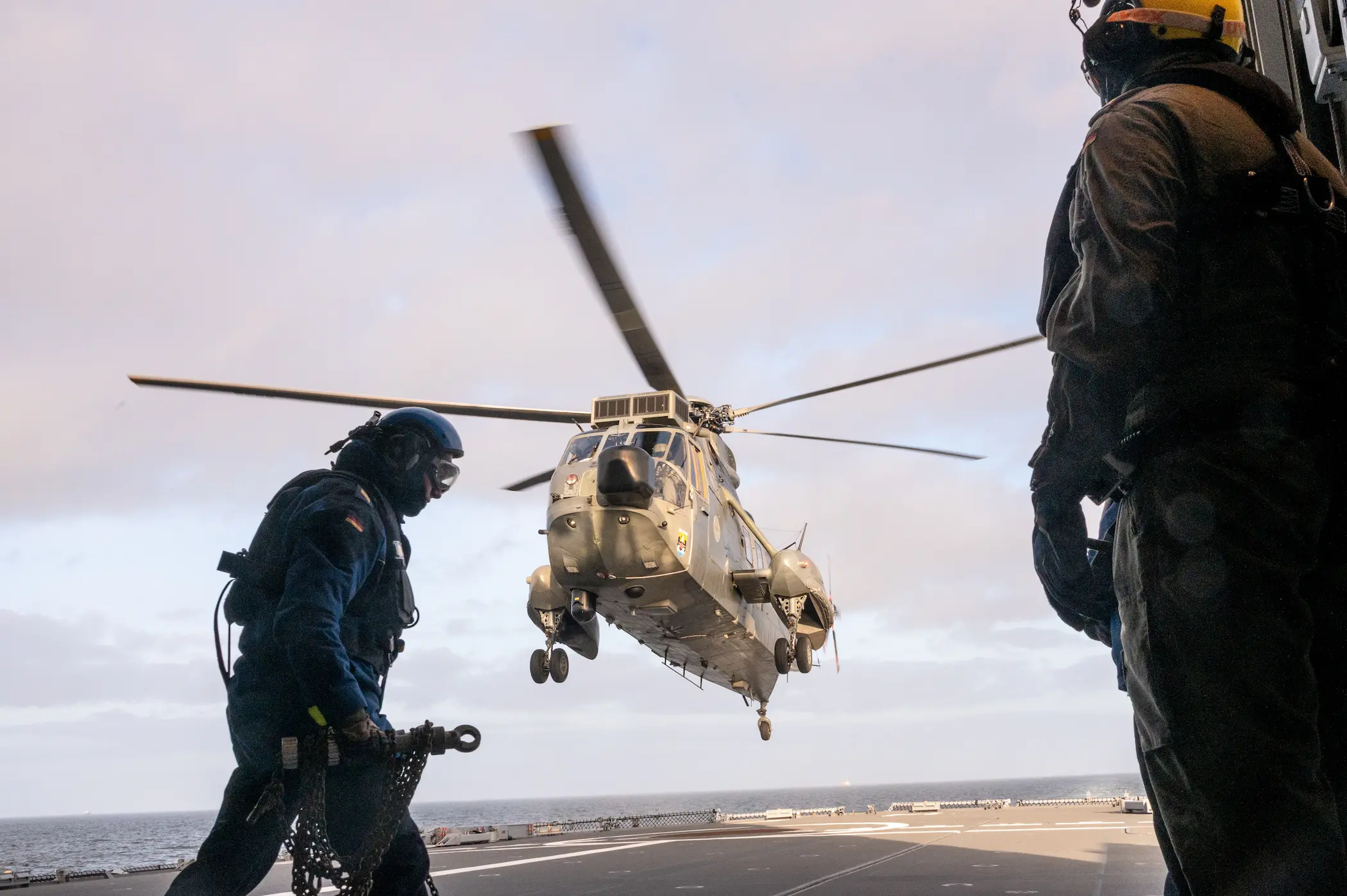


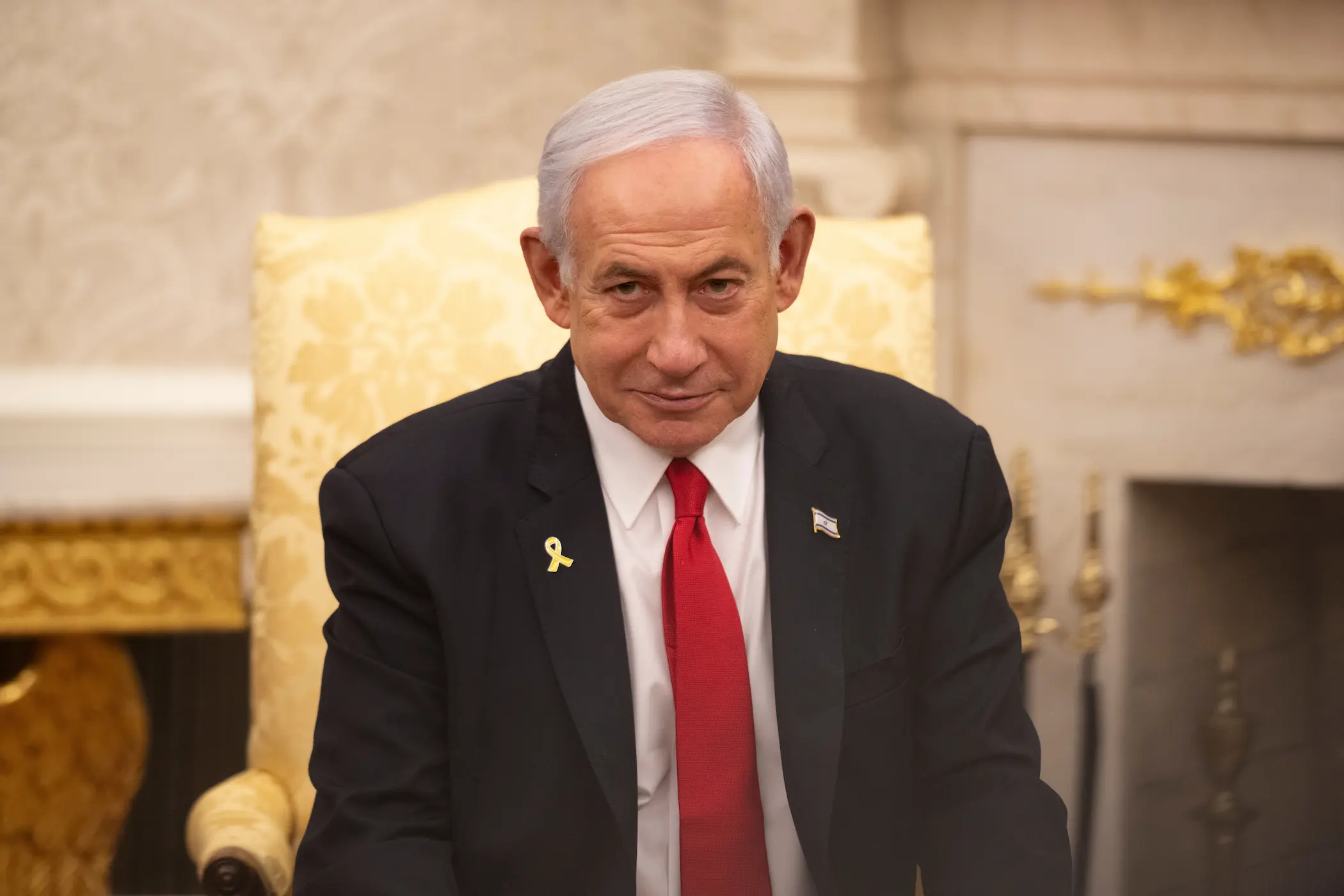

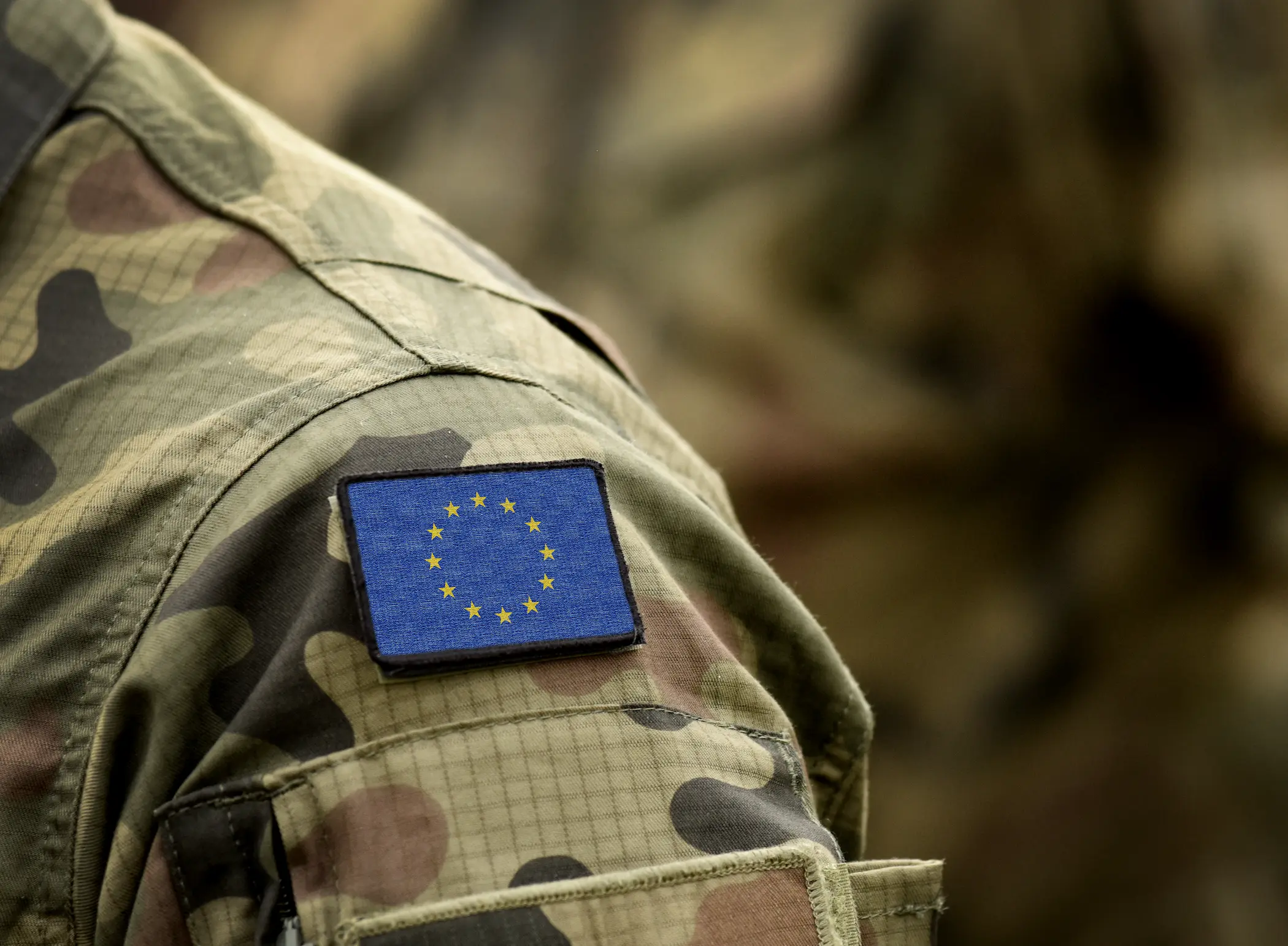



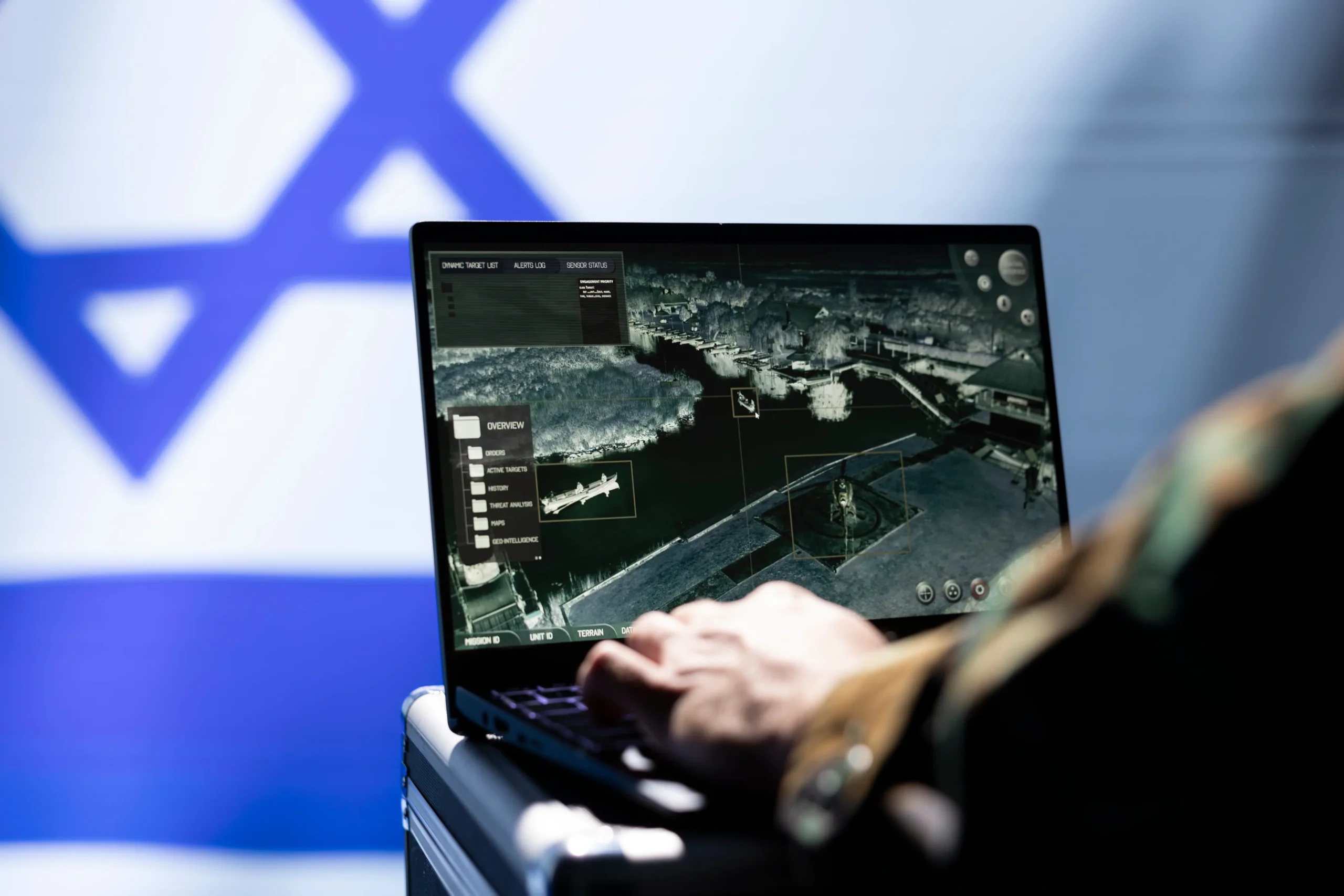
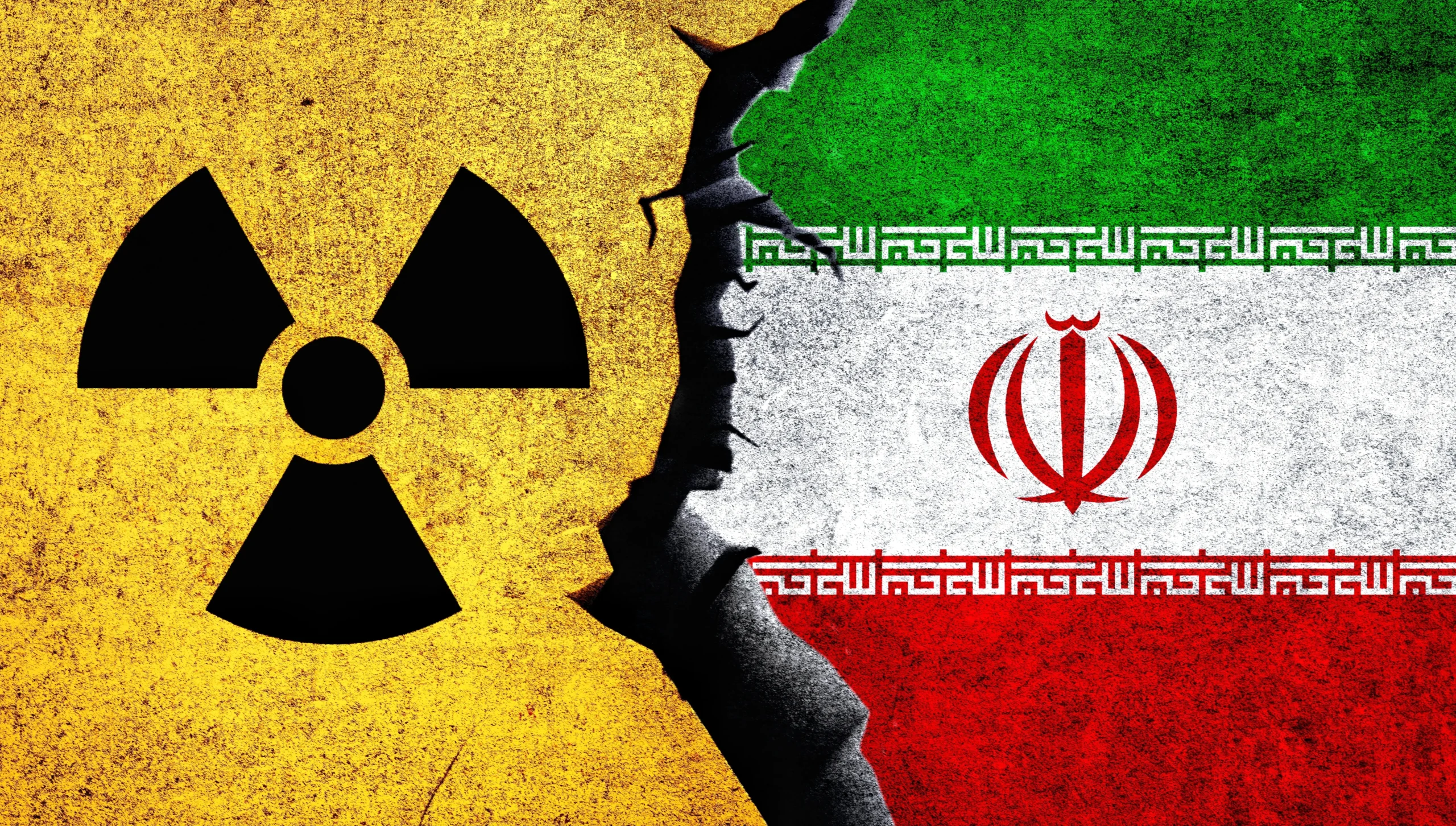
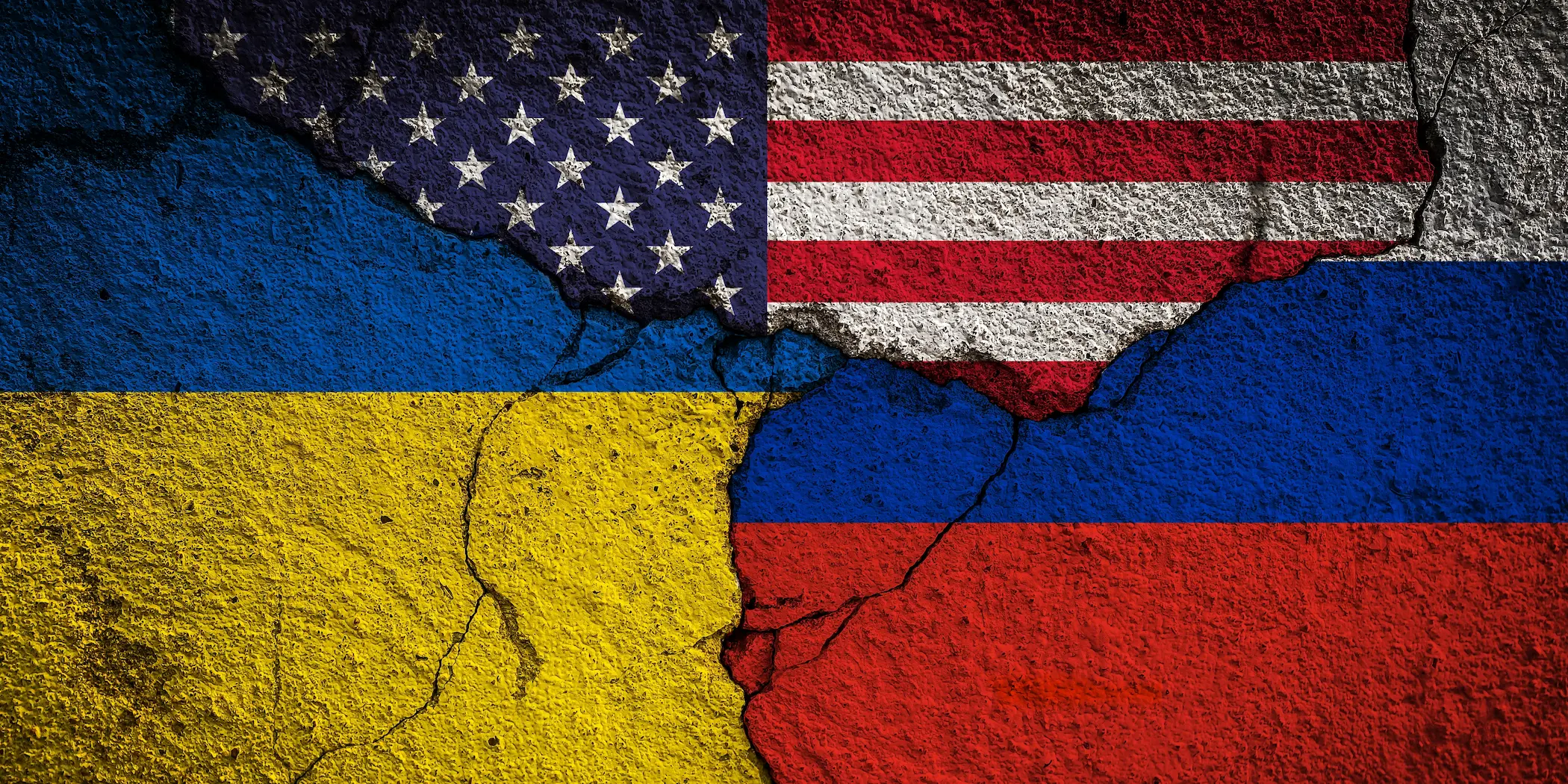


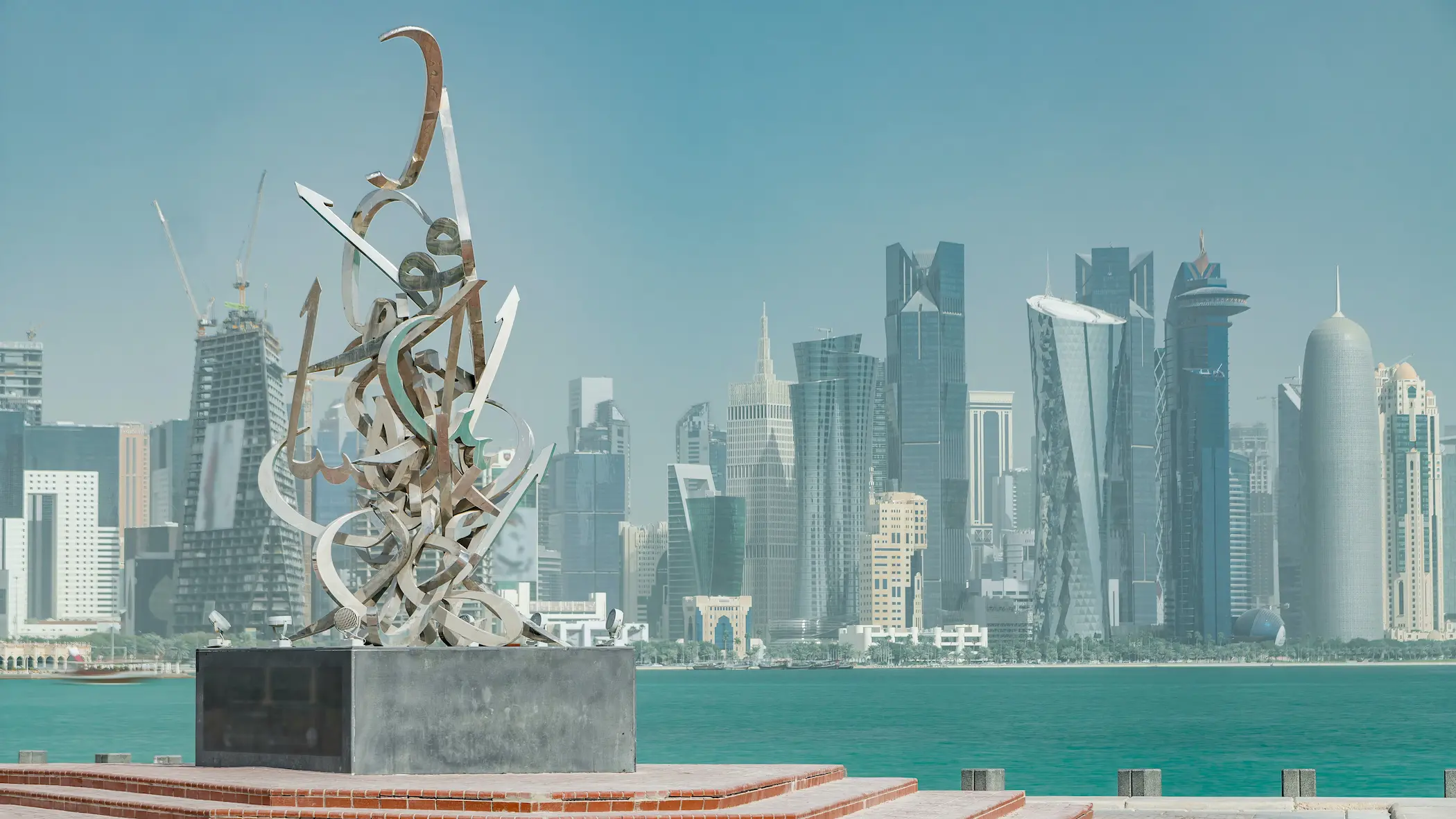

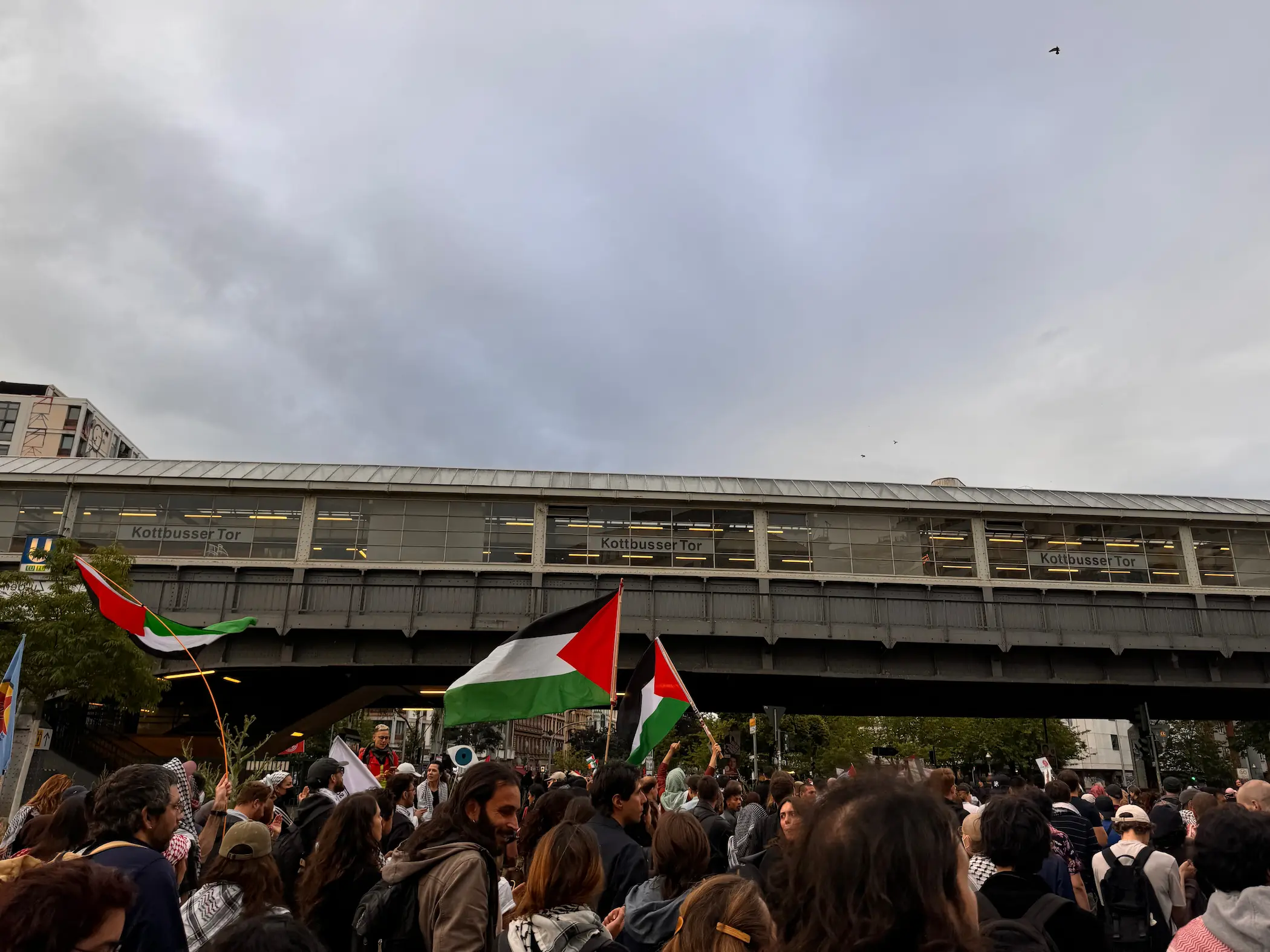
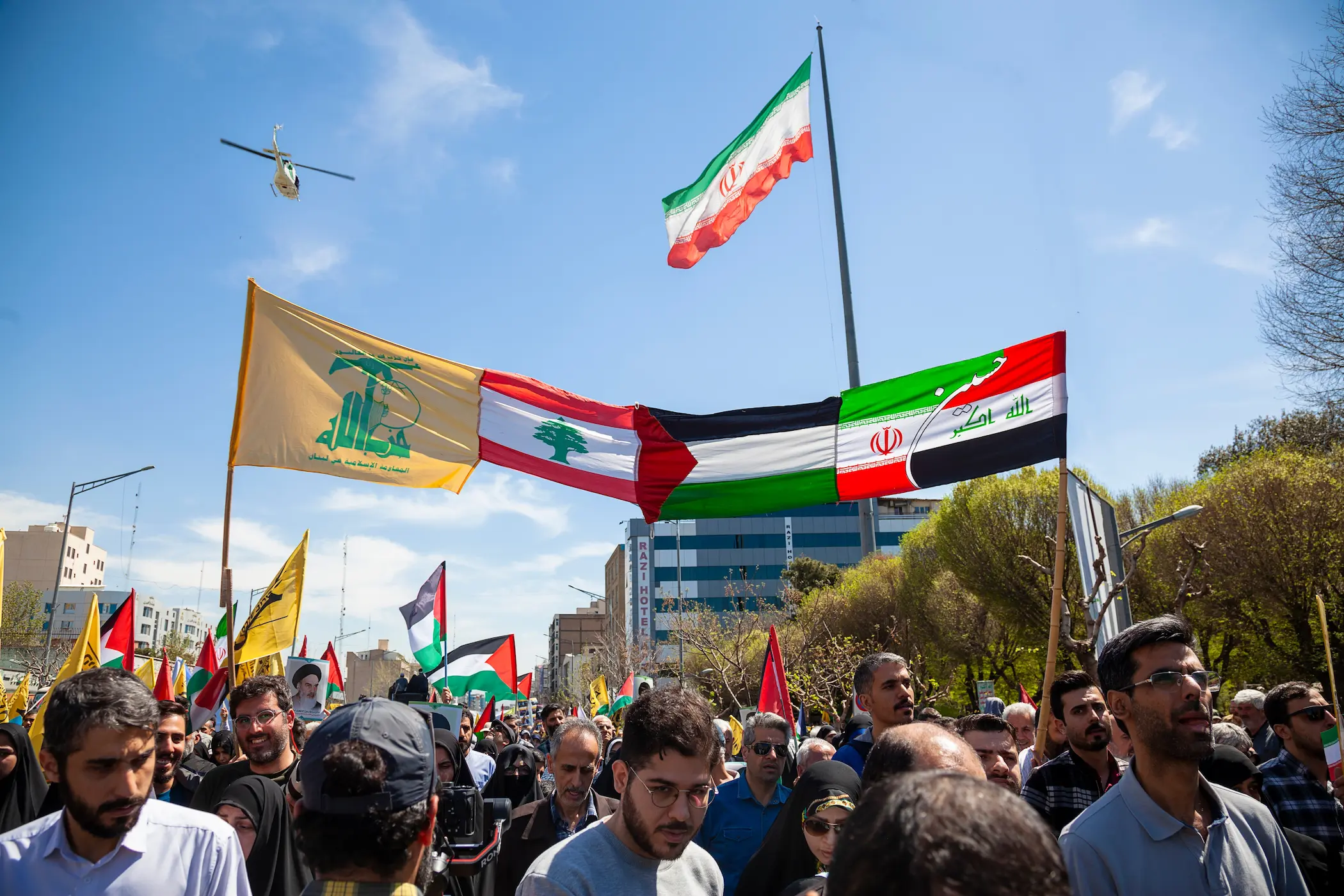
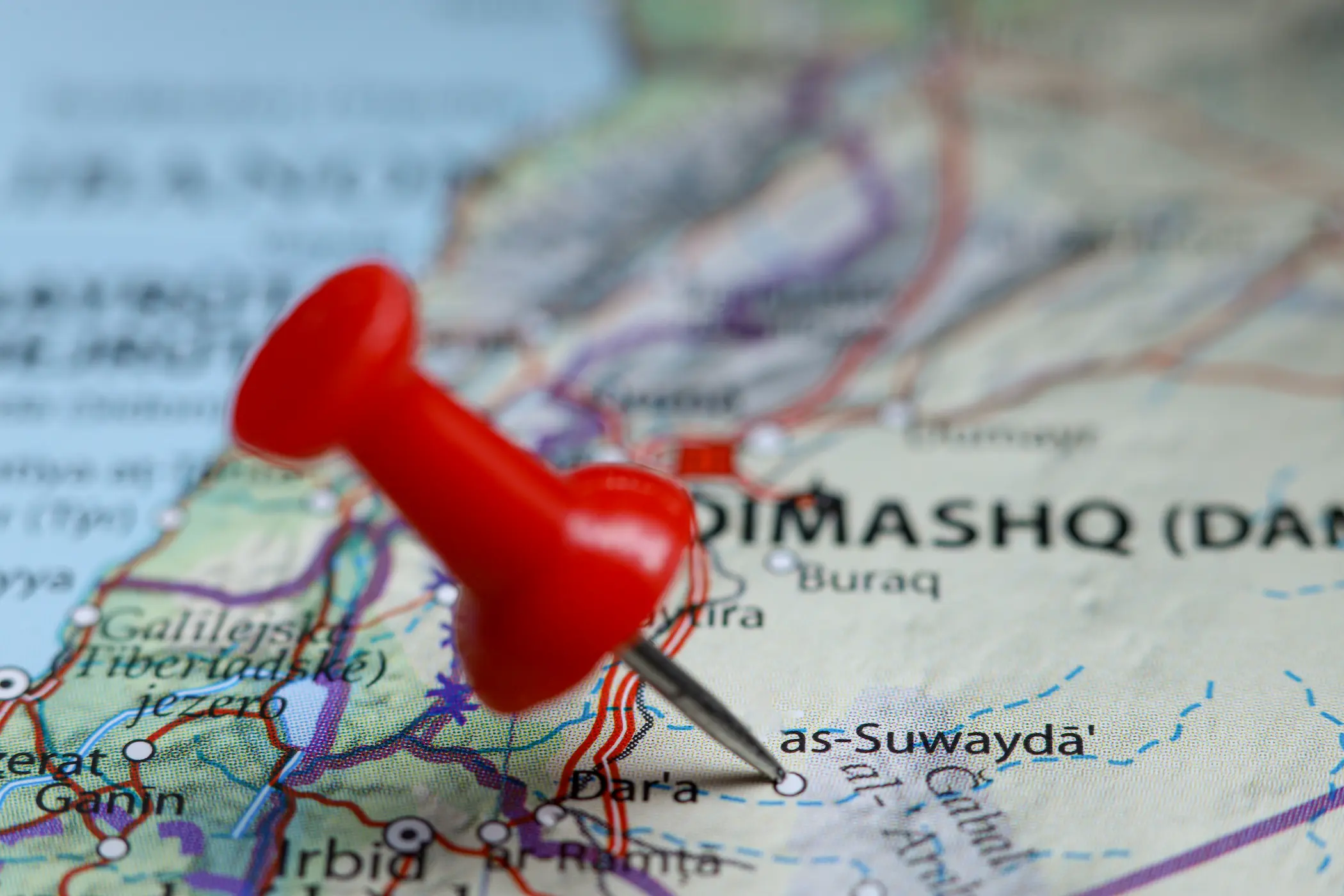

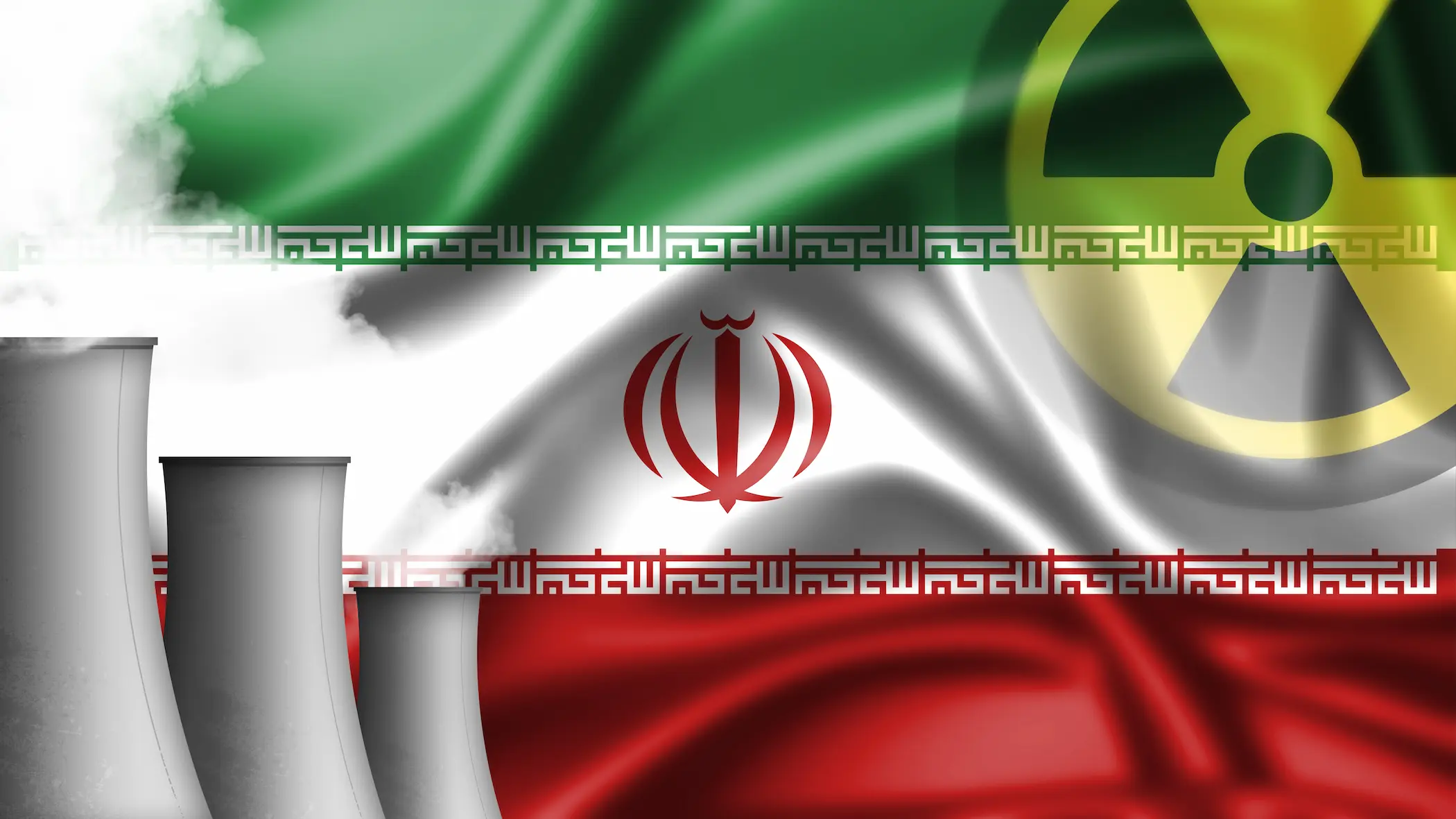
Comments